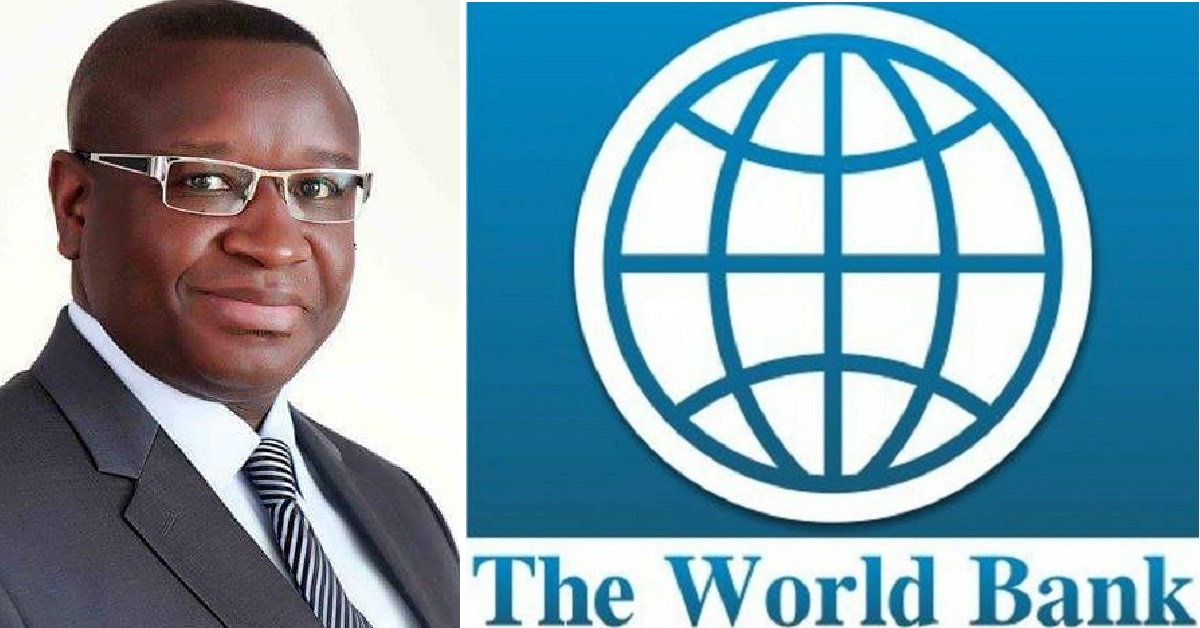In a recent report released by the World Bank, concerns have been raised about Sierra Leone’s economic stability, particularly regarding its escalating risks to debt sustainability. The report highlights a surge in the country’s public debt both in absolute terms and as a percentage of its Gross Domestic Product (GDP).
The authors of the Sierra Leone Economic Update (SLEU) attribute this concerning trend to fiscal irregularities, a sharp depreciation of the Leone currency, and an increased reliance on high-cost domestic borrowing. According to the report, the public debt-to-GDP ratio is estimated to have climbed from 84.7 percent at the close of 2021 to approximately 96.3 percent by the end of 2022.
The joint World Bank-International Monetary Fund (IMF) Low-Income Country Debt Sustainability Framework (LIC-OSF) has identified Sierra Leone as being at high risk of debt distress since 2018, with the most recent debt sustainability analysis indicating a significant intensification of risks linked to external and overall debt distress.
The report emphasizes that Sierra Leone’s total debt composition has shifted, with increasing contributions from costly domestic debt. While the country’s debt remains sustainable under baseline assumptions, the risks associated with external and overall debt distress have notably increased.
President Julius Maada Bio’s government has faced scrutiny for increased government expenditures, with figures from the 2023 and 2024 Finance acts revealing a substantial rise in taxes on essential commodities. The report notes a 20% increase in government spending from Le 24,710 billion in the previous year to Le 87 billion in 2022. Furthermore, the government’s overseas travel expenses have also seen a significant uptick.
The World Bank underscores the importance of careful fiscal management and strategic planning to mitigate the risks associated with Sierra Leone’s growing debt burden. Efforts to improve financial and debt management systems, enhance accounting and timely reporting of public debt, and seek further grant financing are recommended to address the challenges.
In conclusion, while Sierra Leone’s public debt is currently rated as sustainable, the heightened risks pose a pressing need for a more frontloaded fiscal adjustment to ensure long-term stability. The country remains susceptible to various economic shocks, underscoring the importance of proactive measures to safeguard its economic future.












Na this Maada Bio want, for leh we just dae soak deep in debt and E busy dae travel with big per diem.
Oh Sierra Leone all hope lost
Too pathetic economically for our mother land, Mama Salone
To be honest let pray for our beloved nation more especially for our leader to recover this debts if not all of us will going to suffer trust
A BORROWER IS A SLAVE TO A LENDER. UNA JUST DAE TROSS, BUT OH YA
.
Only the grace of God can save us now, this particular government has no idea or intention to improve the miserable lives of Sierra Leoneans.
There is no amount of prayer that is going to save our beloved country. As long as the leaders don’t have love of country. Because if they do….they’ll do what is right on behalf of it….they have no shame nor do they care about the people. Our problems are of our own making. The lies form them will continue….they only care about themselves.
ELUMERU ,TIME WILL TELL
Salon man lek bad nus